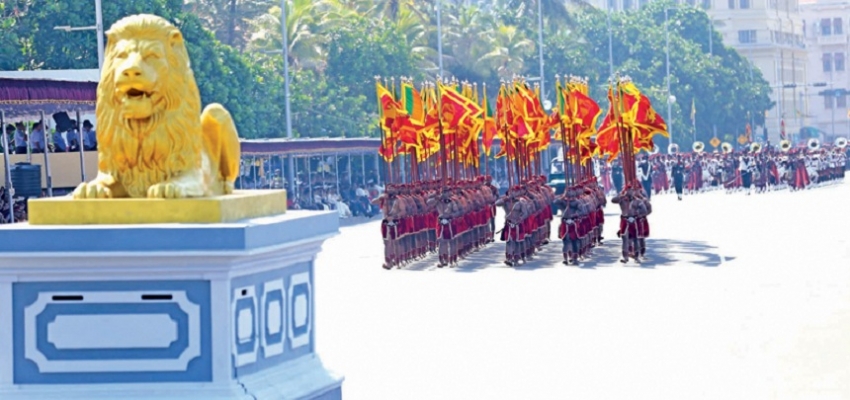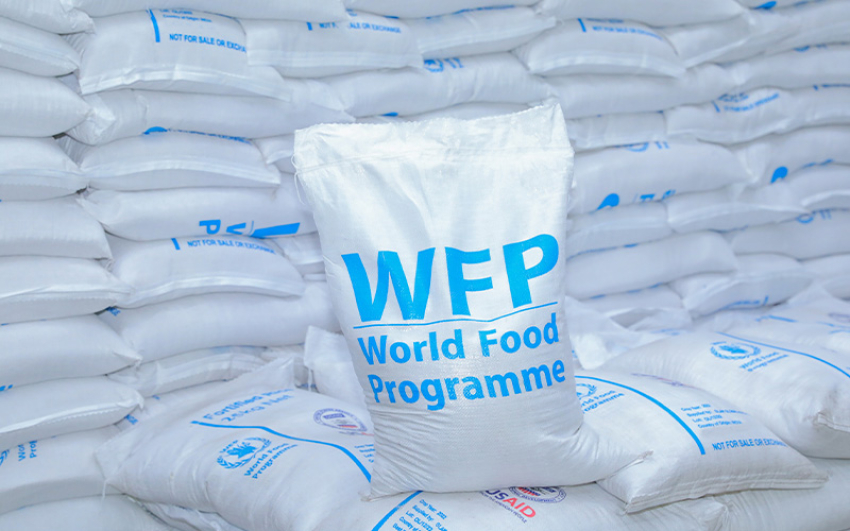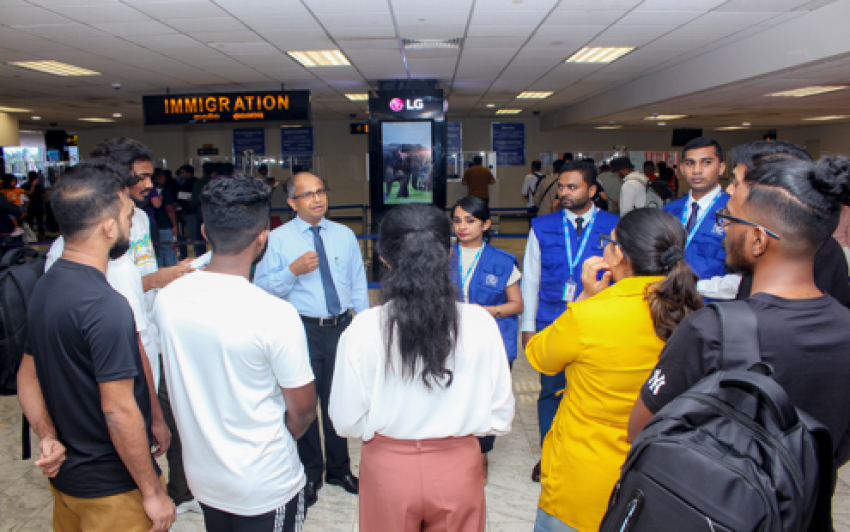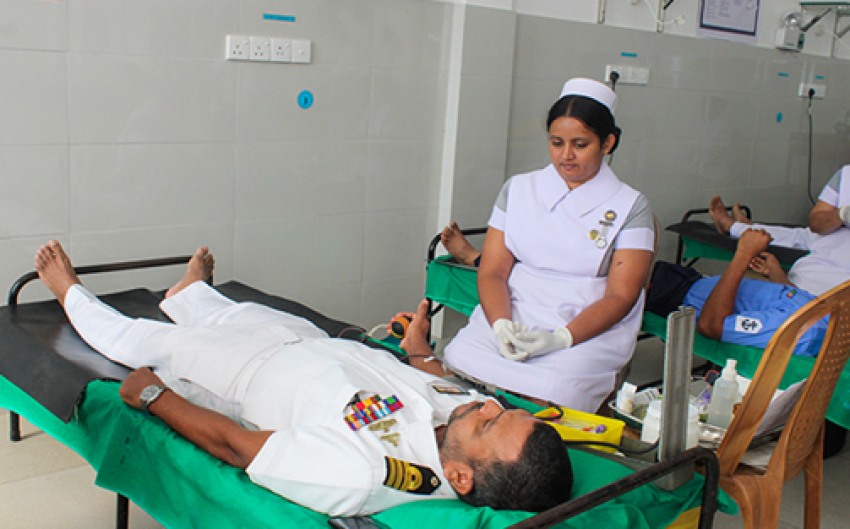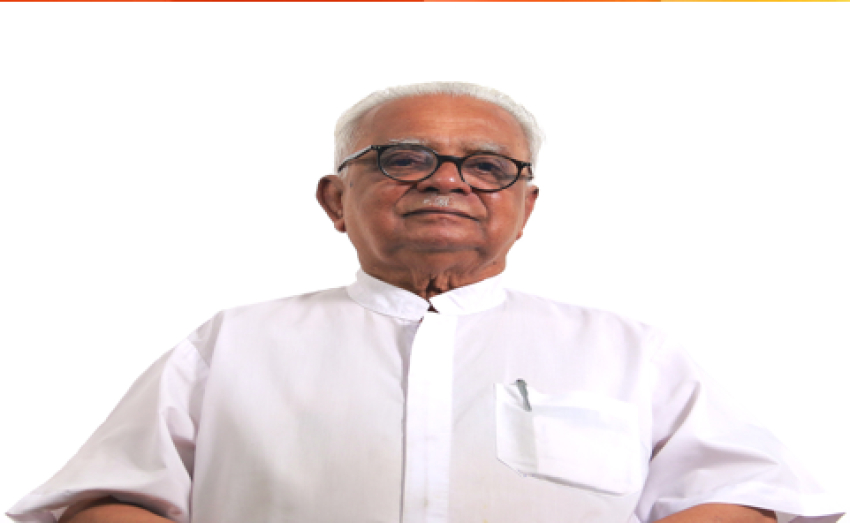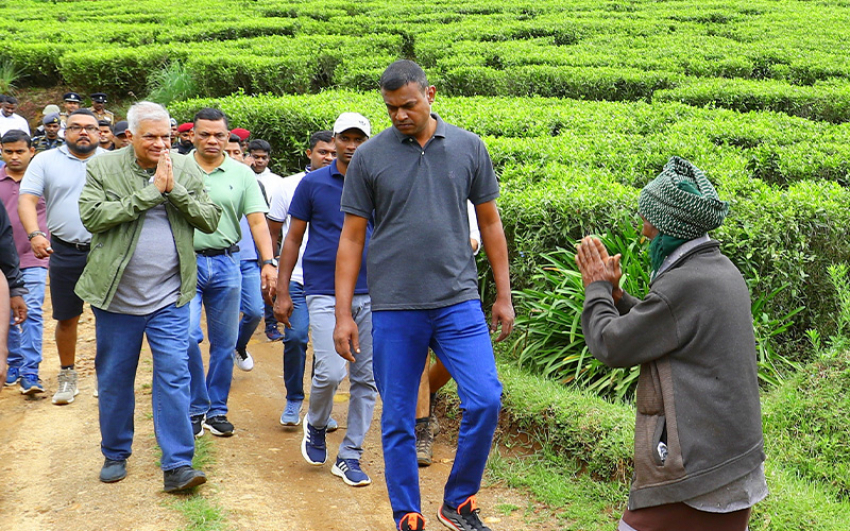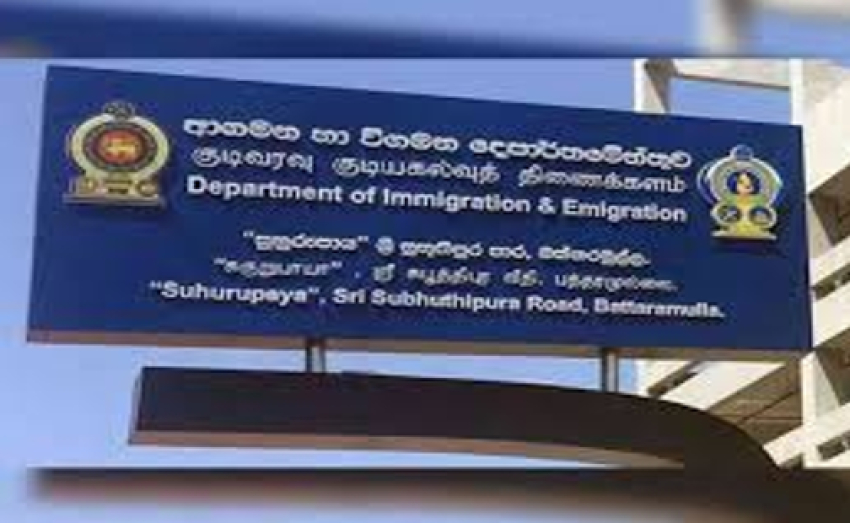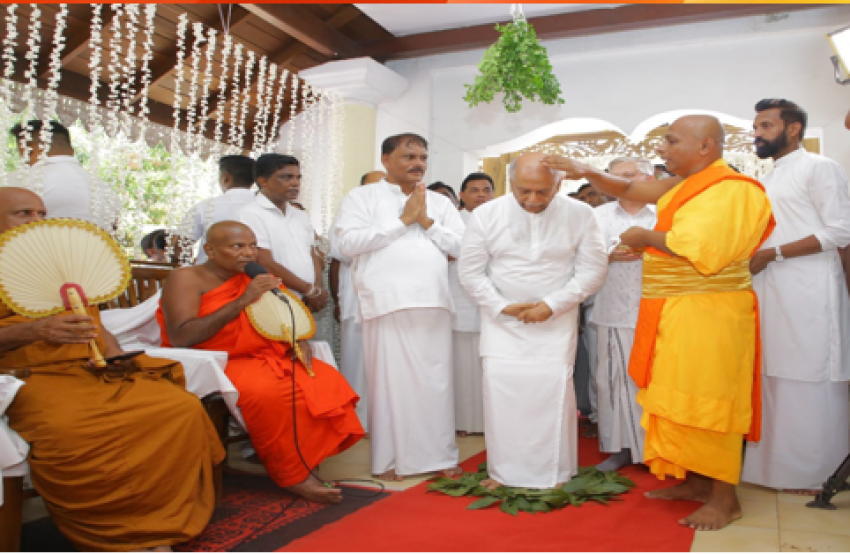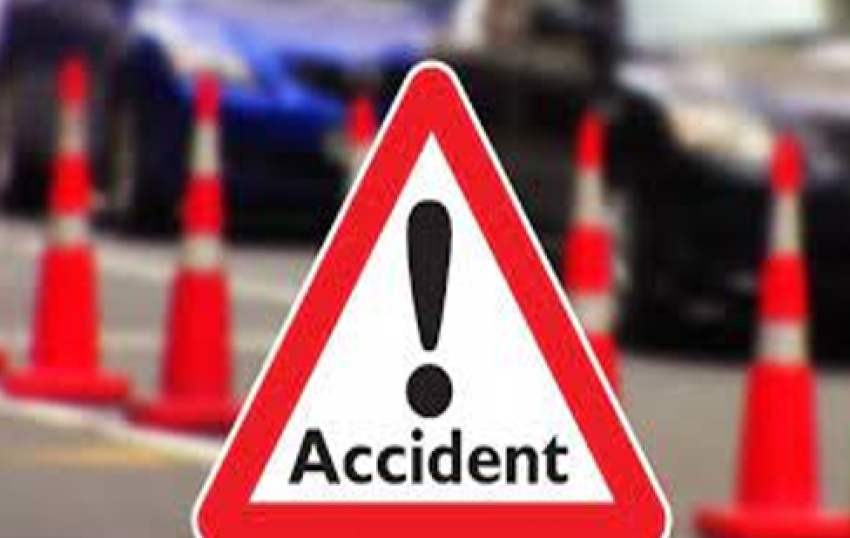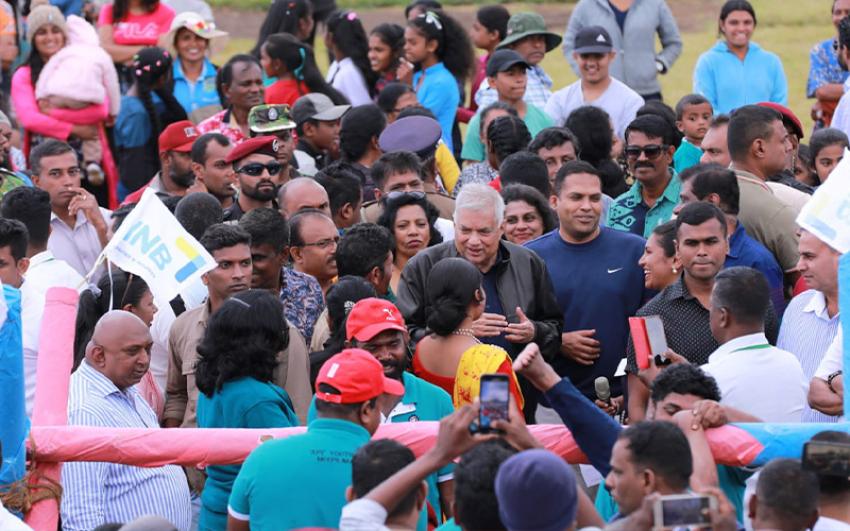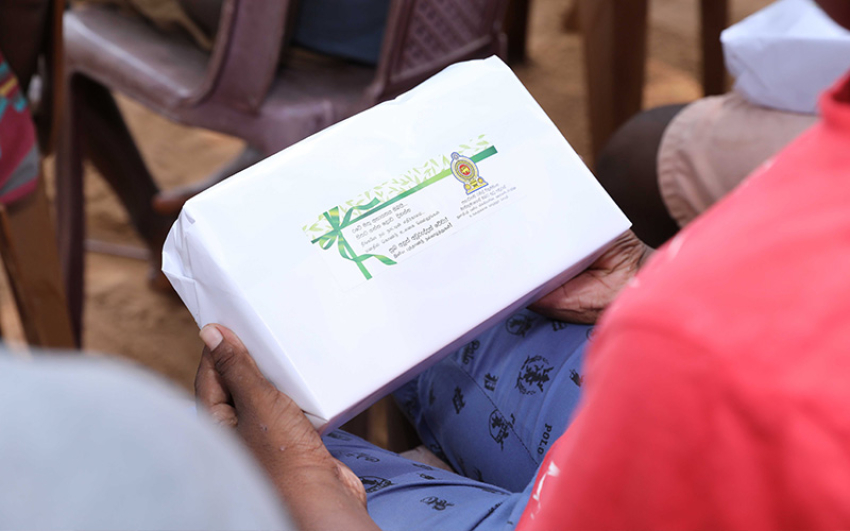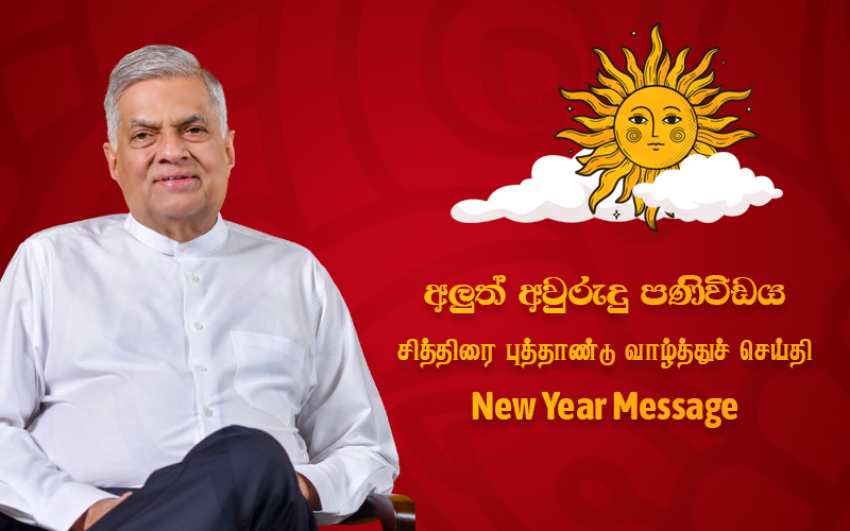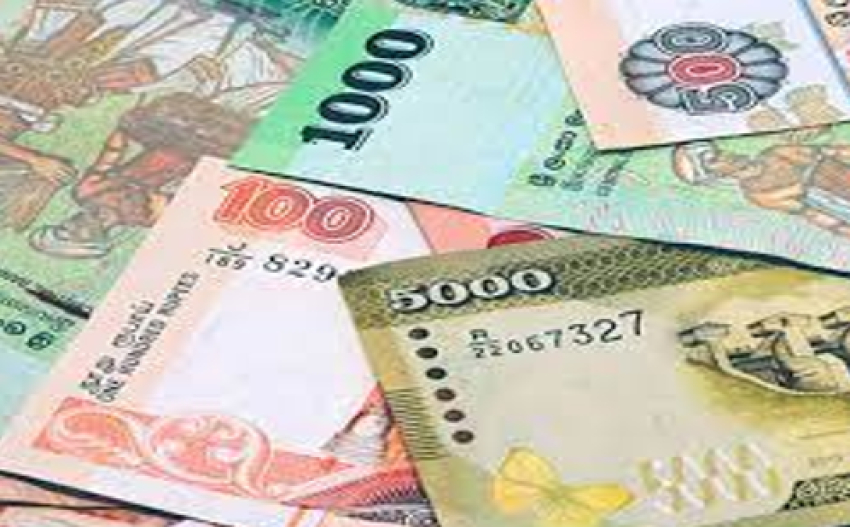February 4, 1948 saw the culmination of years of struggle by patriots from all ethnicities, religious groups and walks of life for independence for Sri Lanka. The founder-publisher of this newspaper D. R. Wijewardene was among those who played a leading role in the independence movement. While independence was obtained without any bloodshed per se, the road to February 4, 1948 was littered with the blood of many martyrs who had sacrificed their lives for the cause of freedom. We must remember these heroes with gratitude as we celebrate the National Day (Independence Day) today. In fact, some of these heroes were listed as “traitors” by the colonial powers and it was only in 2017 that they were formally declared as heroes after rescinding the colonial proclamations.
In 1948, Sri Lanka was on the cusp of a socio-economic revolution spurred by freedom. In fact, even at the time of independence, Sri Lanka was ahead of many other countries in Asia in terms of social and economic achievements. Many of these countries envied Sri Lanka and wanted to emulate its progress. But where did we go wrong in the intervening years?
Perhaps the single biggest failure was our collective inability to forge a truly Sri Lankan identity, rising above parochial considerations such as race, religion and caste. While many other countries in the region have almost banished these notions, we steadfastly cling on to them. Politics was and is, the other divisive factor.
Reconciliation and power sharing
This country belongs to the Sinhalese, Tamils, Muslims, Malays, Burghers and other communities in equal measure. The whole of Sri Lanka is the traditional homeland of all these communities. Over the years, political parties pandering to the demands and aspirations of their own communities and supporters have treated this simple fact with contempt, creating a monster that has brought death, destruction and misery to this resplendent isle.
The rejection of many attempts for reconciliation and power sharing among the various communities has led to the present crisis. Extremist politicians from all sides shot down these proposals that would have led to national amity. Instead, they steered the country on a trajectory that resulted in a calamity for all communities.
The conflict that ended exactly 10 years ago lasted for 30 years or so, plunging Sri Lanka to depths of despair, devastating the economy, straining resources and above all, destroying a productive younger generation in the ravages of war. The fact the country has recorded impressive indices especially in health and education despite these obstacles can be attributed to the commitment of all Governments to these sectors and to the resourcefulness of the people.
There is however a long way to go before we heal the wounds of war and hatred and become a truly Sri Lankan nation. Now the time has come to ditch all forms of extremism and chauvinism and think of Sri Lanka as one nation, one people. We must continue the search for lasting peace. There are critics who question why Sri Lanka is still looking for peace and reconciliation, 10 years after the conflict ended. But solutions to decades-old conflicts cannot be found overnight. This is the norm worldwide – some conflicts in other parts of the world had ended 40-50 years ago, but they are still looking for lasting peace. Thus, it could be a long and arduous journey. We will feel freedom in our hearts the day we conquer the divisions within and among us that impede our progress as one nation. Lasting peace will take us there sooner.
In the meantime, we must forge ahead with plans to evolve a truly Sri Lankan identity, which has eluded us for the last 71 years. In Singapore, no one will identify himself or herself as a Chinese, Malay, Tamil or Eurasian. It will simply be “I am a Singaporean”. Likewise, we should also identify ourselves as Sri Lankans, instead of attaching ethnic or religious labels. Yes, it is important to protect ethnic and religious identity and traditions, but as a nation we should be one people united for one cause – uplifting the Motherland.
Today, there are many challenges that threaten the existence of the Sri Lankan social fabric and by extension, our very freedom. The narcotics menace threatens to endanger the future of the young generation. The Government has righty begun a drive to eradicate the illegal drugs from our midst. All should support this movement – otherwise our future would be bleak. The movement to eradicate drugs must start from places of worship and schools, where students must be taught about the danger of consuming these substances. The same goes for alcohol and tobacco.
We also face the challenge of developing our economy, which has suffered as a result of global economic conditions. The Rupee has come under pressure and our import bill has gone up. We must ramp up our exports and minimize the imports of goods and other goods which can be produced locally. The drive to attract more foreign investments should be accelerated.
Multi-sectoral approach
There should be a multi-sectoral approach to economic and infrastructure development. Our planners must take current trends into account – fossil fuels will run out probably within the next 100 years and we have to shift gradually to renewable energy. Some plans have called for a 100 percent renewable power grid by 2050, which may seem very ambitious but it is certainly within the realm of possibility.
We must also seek the talents and skills of our Diaspora community scattered all over the globe. The Government has already invited them to either come back for good or contribute to the nation’s development from their adopted countries. This is a golden opportunity for them to express their gratitude to the Motherland for educating them and giving them better prospects.
Sri Lanka already has impressive indices especially in the fields of health and education some of which are on par with those in the developed countries. This is no doubt a great achievement, made possible by the twin elements of free education and free health care. Now we should take the next steps forward to make Sri Lanka a developed country. The Government has already announced several programmes that take the country in this direction, but the authorities cannot do it alone – all Sri Lankans must participate with vigour and optimism in this exercise.

